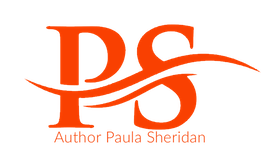Ever wonder why some books feel like literary crack? (And I mean that in the most flattering way possible.)
You start reading at 9 PM with the best intentions—just a chapter or two before bed. Next thing you know, your alarm is going off, you've got book spine creases on your cheek, and you're frantically texting your friend: "HAVE YOU READ THIS? WHY DIDN'T YOU WARN ME?"
That's not an accident. That's psychology.
The authors who consistently create these sleep-stealing, life-disrupting masterpieces? They understand something crucial: reading isn't just about processing words on a page. It's about triggering specific psychological responses that make our brains scream "MORE!"
So what are these triggers? And more importantly, how do you weaponize them in your writing? (Ethically, of course. We're writers, not villains. Well... usually...)
1. The Zeigarnik Effect (Or: Why Unfinished Business Haunts Us)
Named after psychologist Bluma Zeigarnik, this phenomenon explains why we remember incomplete tasks better than completed ones. Your brain literally won't let you forget unresolved storylines.
Smart authors exploit this mercilessly.
They drop breadcrumbs of mystery, hint at secrets, and create what I call "the cognitive itch"—that nagging feeling that you NEED to know what happens next.
I know this stuff! I'm a writer, but I still fall into the trap. I watch a binge-worthy show a,nd I'm clenching my fists or jaw and muttering, "What will he do now?"
We all do it when the Z trigger kicks in! So, how can we writers hone in on these secret weapons?

